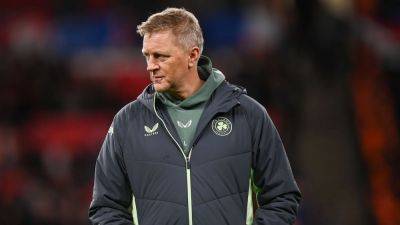Climate finance is the hot topic at COP29 but would it be a loan, who pays and what’s it spent on?
The issue of finance is set to dominate the 29th UN climate summit in Azerbaijan.
Money is the life blood of climate action; enabling cleaner industries to grow in place of polluting ones, strengthening nations’ resistance to climate change and helping them pick up the pieces when disaster strikes.
These needs are meant to be addressed via a global fund, and at COP29 it's time for the world to set a new collective quantified goal (NCQG) for climate finance.
But with countries in disagreement about virtually all aspects of climate finance - from an acceptable total amount, to forms of funding, donors and recipients - the stage is set for a gruelling fortnight of negotiations in Baku.
Under the UN climate convention, developed countries need to provide developing countries with the funds to mitigate and adapt to climate change.
The Paris Agreement, signed by nearly 200 nations in 2015, stipulates that a new target must be decided by 2025. It should build on the previous commitment, in 2009, to mobilise $100 billion (€91.4 bn) of climate finance a year by 2020 - and keep doing so until 2025.
Developed nations delivered on this pledge two years late, in 2022.
And in recent years, climate-related costs have wracked up enormously. Developing countries now need trillions of euros to manage the crisis.
There are huge challenges to bridging the minimum that they will be willing to accept in a deal, and the maximum that developed countries are willing to put themselves on the hook for.
The previous goal of $100 billion (€91.4 bn) was the best offer put forward by global-north leaders. This time around, the NCQG must factor in the “needs and priorities of developing countries.”
There have been various assessments to put a total figure








